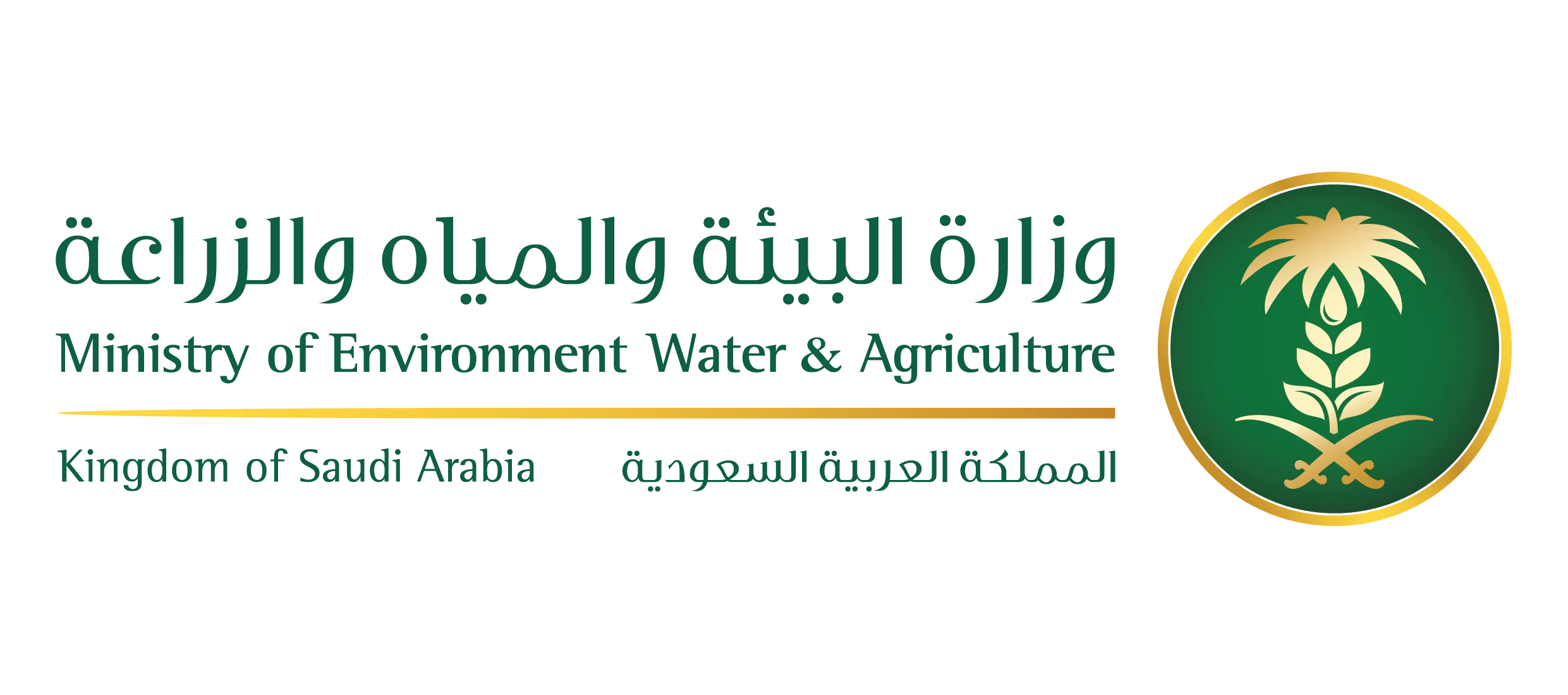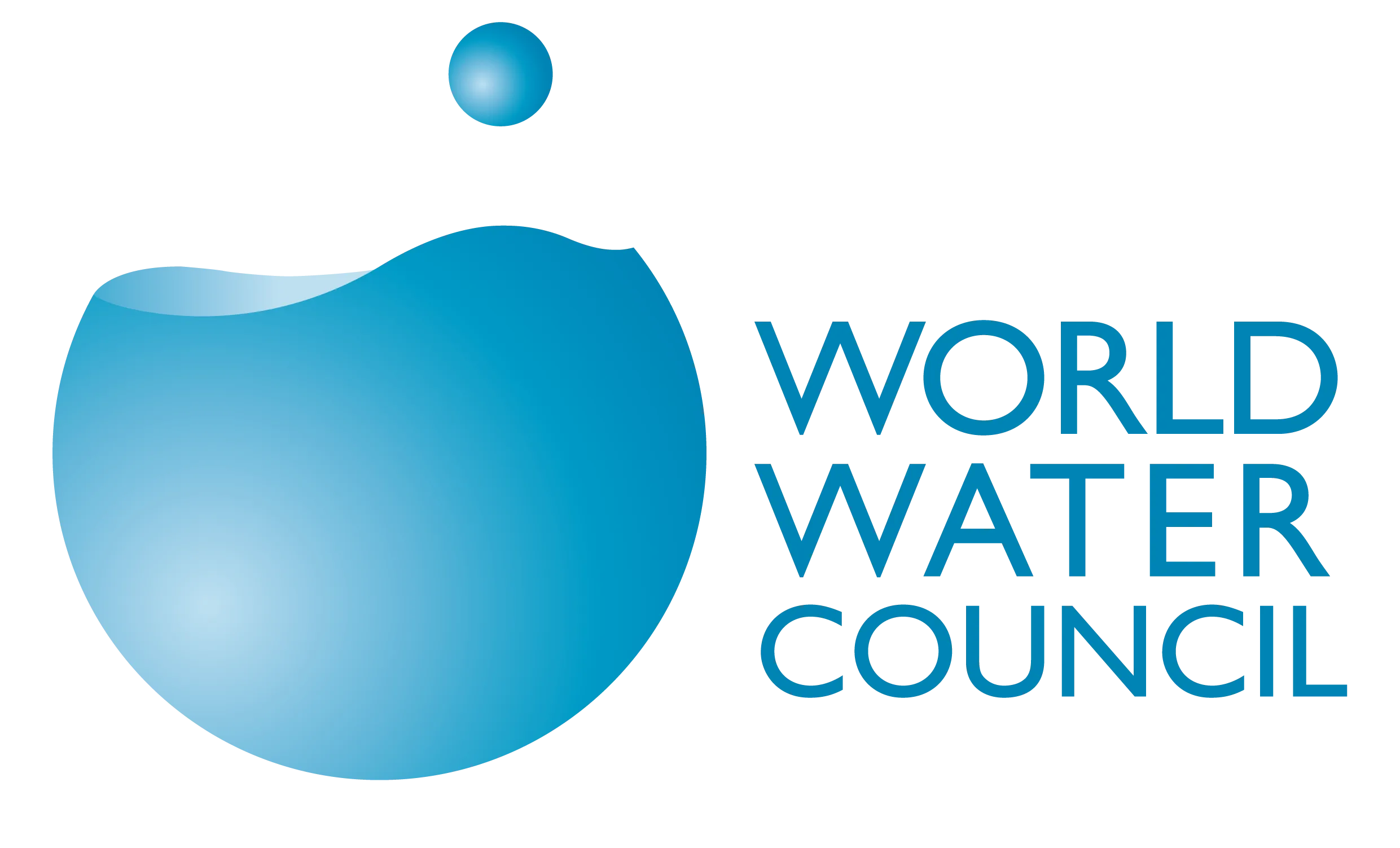Thematic Process Framework Announced
The 11th World Water Forum unveils its comprehensive thematic framework covering 6 themes and 30 topics addressing global water challenges.
Read More
Key milestones bringing the global water community together

Explore the core processes of the 11th World Water Forum
Develops policy agendas, declarations, and commitments by engaging ministers, parliamentarians, local and basin authorities. Connects Forum outcomes to the political and finance instruments; amplifies inclusive diplomacy and implementation.
Mobilizes global multi-stakeholders to design action-oriented solutions. Structured around six themes — Water Security; Water Governance & Diplomacy; Water for Humans & Nature; Water Finance; Innovation for Water; Value of Water. Produces synthesis sessions, policy briefs, and actionable roadmaps.

Dive deeper into the 11th World Water Forum's processes, events, resources, and opportunities
Explore the Political, Thematic, and Regional processes guiding the Forum.
Learn MoreRegister for the April 2026 consultation meeting in Jeddah.
Learn MoreAccess research papers, policy briefs, technical reports, and expert insights.
Learn MoreDownload logo packs, brand guidelines, official photos, and media resources.
Learn More

Stay informed with the latest announcements, developments, and insights from the 11th World Water Forum
The 11th World Water Forum unveils its comprehensive thematic framework covering 6 themes and 30 topics addressing global water challenges.
Read MoreThe Forum announces strategic partnerships with major international water organizations to enhance collaboration and knowledge sharing.
Read More
The 11th World Water Forum is jointly organized by leading institutions in water governance

The Kingdom of Saudi Arabia's Ministry of Environment, Water & Agriculture (MEWA) serves as the host and lead organizer of the 11th World Water Forum, bringing decades of water management expertise and regional leadership to advance global water security.
Read more
The World Water Council is an international multi-stakeholder platform organization whose mission is to mobilize action on critical water issues at all levels, including the highest decision-making level, by engaging people in debate and challenging conventional thinking.
Read more
Subscribe to receive the latest news, updates, and opportunities from the 11th World Water Forum.
We respect your privacy. Unsubscribe at any time.